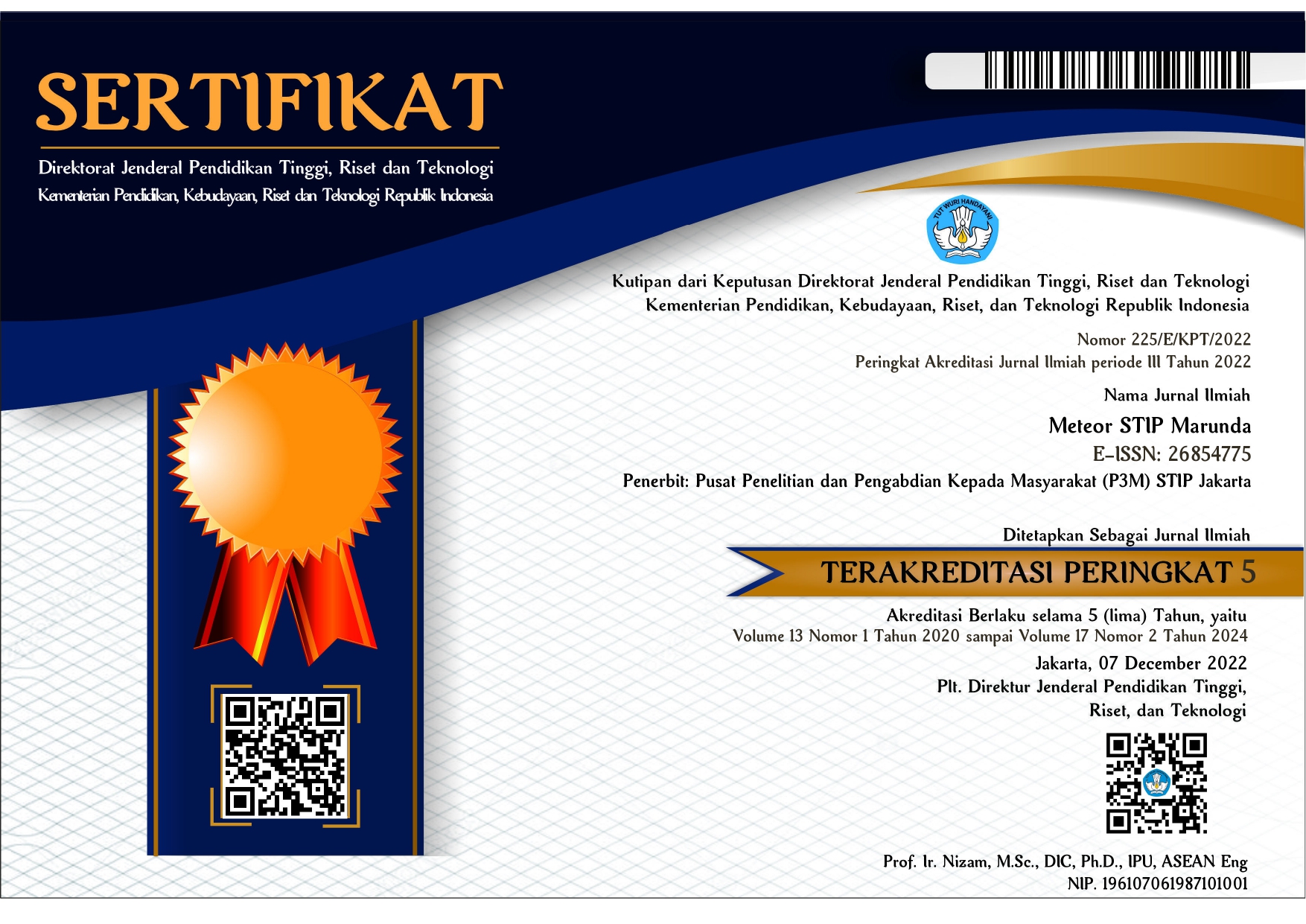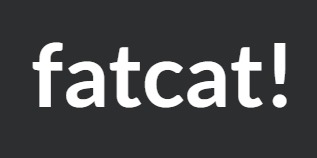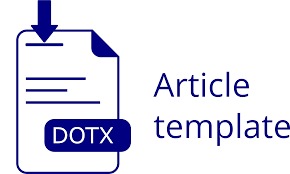IMPACT OF INTERNATIONAL STANDARDS ON MARITIME EDUCATION: PERSPECTIVES OF JUNIOR CADETS
Abstract
This research explores the impact of international standards on maritime education through the perspectives of 45 junior cadets. Utilizing qualitative methods, including interviews and observations, the study investigates the alignment of educational programs with standards set by the International Maritime Organization (IMO) and the Standards of Training, Certification, and Watchkeeping for Seafarers (STCW). Findings reveal a strong perception of alignment with international standards among participants, emphasizing the importance of consistency and global recognition in maritime education. Additionally, the analysis highlights the relevance of curriculum content to professional needs, the significance of continuous professional development, and the availability of opportunities for career advancement within educational institutions. The research contributes to discussions surrounding the optimization of maritime education and underscores the importance of lifelong learning and professionalism in preparing junior cadets for successful careers in the maritime industry.
References
Abila, S. S. (2016). The occupational socialisation of merchant marine cadets in the Philippines. Cardiff University.
Anyon, J. (2017). Social class and the hidden curriculum of work. In Childhood socialization (pp. 369–394). Routledge.
Balkin, R. (2006). The international maritime organization and maritime security. Tul. Mar. LJ, 30, 1.
Bee, M. (2017). A study into the professional identity of lecturers at a maritime education and training institute operating on the boundary of further and higher education. University of Southampton.
Bergheim, K., Nielsen, M. B., Mearns, K., & Eid, J. (2015). The relationship between psychological capital, job satisfaction, and safety perceptions in the maritime industry. Safety Science, 74, 27–36.
Chilisa, B. (2019). Indigenous research methodologies. Sage publications.
Chircop, A. (2015). The international maritime organization.
Christodoulou-Varotsi, I., & Pentsov, D. A. (2008). The STCW Convention and related instruments. Maritime Work Law Fundamentals: Responsible Shipowners, Reliable Seafarers, 422–639.
Cicek, K., Akyuz, E., & Celik, M. (2019). Future skills requirements analysis in maritime industry. Procedia Computer Science, 158, 270–274.
Creswell, J. W., & Clark, V. L. P. (2011). Choosing a mixed methods design. In Designing and Conducting Mixed Methods Research (pp. 53–106). Sage Publications, Inc.
De la Peña Zarzuelo, I., Soeane, M. J. F., & Bermúdez, B. L. (2020). Industry 4.0 in the port and maritime industry: A literature review. Journal of Industrial Information Integration, 20, 100173.
Dyagileva, O., Goridko, N., Popova, H., Voloshynov, S., & Yurzhenko, A. (2020). Ensuring sustainable development of education of future maritime transport professionals by means of network interaction.
Emad, G., & Roth, W. M. (2008). Contradictions in the practices of training for and assessment of competency: A case study from the maritime domain. Education+ Training, 50(3), 260–272.
Fraser, J., & Reedy, K. (2018). Digital Literacy and Open Educational Practice: Digilit Leicester. In Digital Literacy Unpacked (pp. 155–168). Facet. https://doi.org/10.29085/9781783301997.013
House, D., & Saeed, F. (2016). The seamanship examiner: for STCW certification examinations. Taylor & Francis.
Lo Iacono, V., Symonds, P., & Brown, D. H. K. (2016). Skype as a tool for qualitative research interviews. Sociological Research Online, 21(2), 103–117.
Loades, D. (2012). The English Maritime Community, 1500-1650. Social History of English SeamenWorld of the Medieval Shipmaster, 5720118.
Mankabady, S. (1986). The International Maritime Organization, Volume 1: International Shipping Rules.
McManis, L. D., & Gunnewig, S. B. (2012). Finding the education in educational technology with early learners. Young Children, 67(3), 14–24.
Moodie, G. (2002). Identifying vocational education and training. Journal of Vocational Education and Training, 54(2), 249–266.
Mori, Y., & Manuel, M. E. (2023). An Exploration of the Theoretical Foundations of Onboard Seafarer Training: A Systematic Review of the Literature. TransNav: International Journal on Marine Navigation & Safety of Sea Transportation, 17(4).
Neilson, B., & Rossiter, N. (2013). Still waiting, still moving: On labour, logistics and maritime industries. In Stillness in a mobile world (pp. 51–68). Routledge.
Padgett, D. K. (2016). Qualitative methods in social work research (Vol. 36). Sage publications.
Richards, J. C. (2013). Curriculum approaches in language teaching: Forward, central, and backward design. RELC Journal, 44(1), 5–33.
Schriever, U. G. (2008). Maritime communication in an international and intercultural discourse. University of Tasmania.
Sharma, A. (2023). Potential of technology supported competence development for Maritime Education and Training.
Trenkner, P. (2009). Maritime English requirements and the revised STCW. Szczecin: Proceedings of the International Maritime English Conference IMEC, 21, 5–10.
Tseng, M.-L., Tran, T. P. T., Ha, H. M., Bui, T.-D., & Lim, M. K. (2021). Sustainable industrial and operation engineering trends and challenges Toward Industry 4.0: A data driven analysis. Journal of Industrial and Production Engineering, 38(8), 581–598.
Weinsheimer, J. (1985). Gadamer’s Hermeneutics A Reading of Truth and Method.
WEINTRIT, A. (2005). IAMU model course on ECDIS. Maritime Security and MET, 35–44.
Willig, C. (2014). Interpretation and analysis. The SAGE Handbook of Qualitative Data Analysis, 481.
Yilmaz, K. (2013). Comparison of quantitative and qualitative research traditions: Epistemological, theoretical, and methodological differences. European Journal of Education, 48(2), 311–325.












_(1)(1).png)

